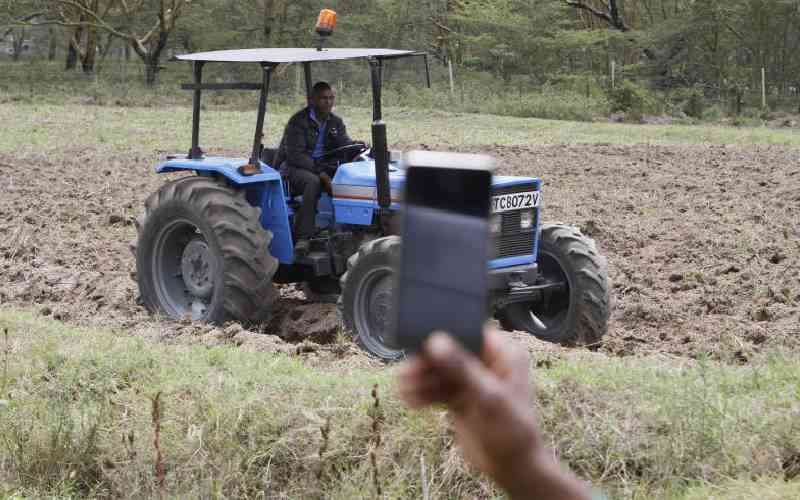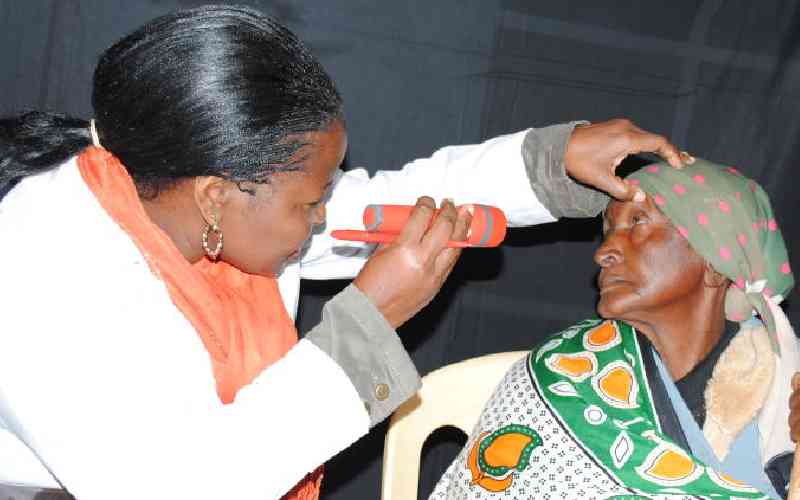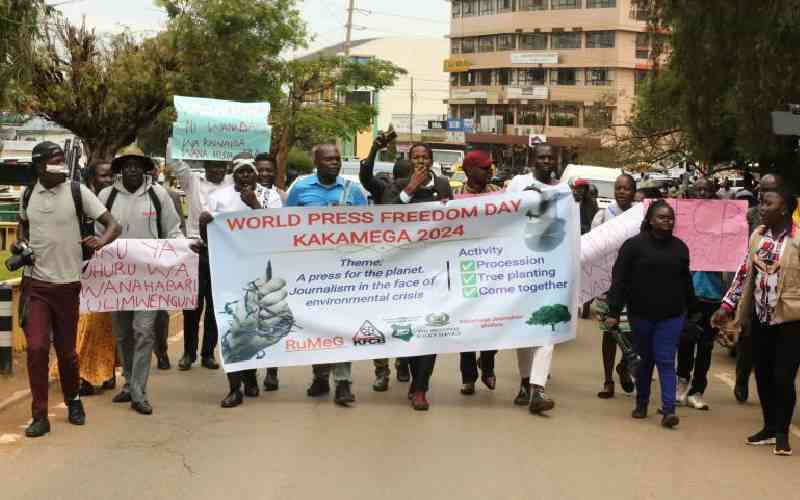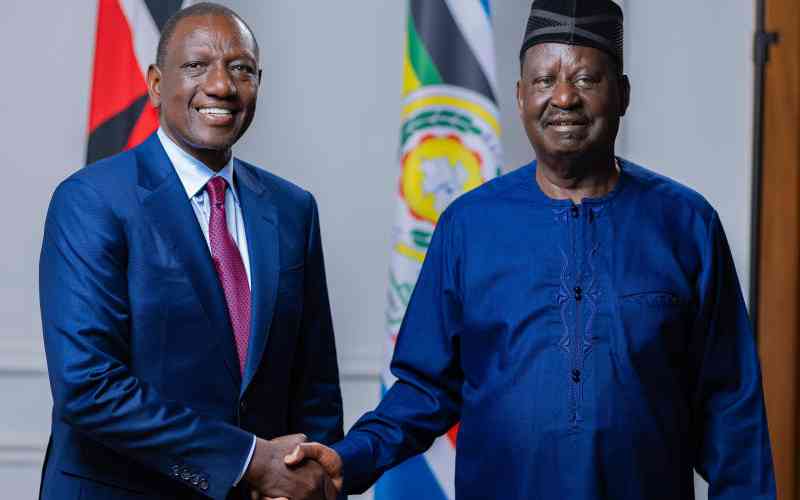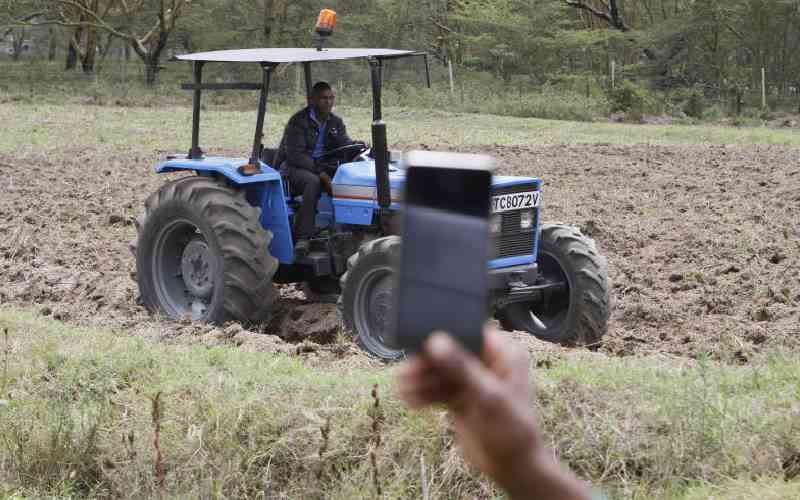
In an era where technology is transforming industries globally, the agricultural sector in Kenya has not been left behind. From government initiatives to private sector interventions, there is a growing realisation that improving farm productivity and addressing food security challenges requires more than just traditional methods.
As someone who has worked closely with farmers across Kenya, it is clear to me that if we are to truly empower them and lift rural communities out of poverty, we must leverage technology.
In a country where agriculture forms the backbone of the economy, the challenges facing smallholder farmers—limited access to inputs, reliable information, and fair markets—are enormous. However, I believe that these challenges can be overcome and that technology is the key to enabling farmers to not only feed their families but also build thriving, sustainable livelihoods.
One of the ways technology is already transforming farming in Kenya is by simplifying access to agricultural services.
With the rise of mobile applications, farmers can now order inputs like seeds and fertilisers from the comfort of their homes, receive real-time notifications on their orders, and access delivery services that bring these inputs directly to their farms.
This is particularly important in remote regions where it can be difficult to access markets or agricultural stores. By streamlining access to quality inputs and ensuring their timely delivery, technology is giving farmers the freedom to focus on what matters most—growing their crops.
That said, not all farmers have access to smartphones or reliable internet connections, especially in rural areas. This is where more inclusive digital solutions, such as USSD codes for feature phones, are proving invaluable.
Additionally, applications built to work even in areas with low network connectivity ensure that farmers are not left behind due to poor infrastructure. These innovations are a response to the realities on the ground, and they demonstrate how technology can be tailored to serve all farmers, regardless of their location or resources.
However, one of the greatest challenges we've seen is digital literacy. Many farmers, particularly older ones or those with limited formal education, may not be comfortable using smartphones or mobile apps.
To address this, it is crucial that we design user-friendly interfaces that use simple language and intuitive icons. Whether it's a 60-year-old farmer or a young, tech-savvy individual, technology must be accessible to all.
Simplified interfaces and thoughtful design choices, such as using icons that represent functions clearly, can make all the difference in ensuring widespread adoption.
Access to inputs is just one part of the equation. If we are to truly transform Kenyan farming, farmers must also have access to vital information—information that helps them make better decisions about what, when, and how to plant.
Digital tools can empower farmers with knowledge about the best seed varieties for their regions, soil composition, and even rainfall patterns. This kind of data-driven decision-making is the future of farming in Kenya, allowing farmers to maximise productivity and mitigate the impacts of climate change and unpredictable weather patterns.
Perhaps one of the most significant challenges that technology can help address is market access. Too often, farmers produce a good harvest only to find themselves at the mercy of middlemen who buy their produce at low prices.
Digital platforms can help cut out these middlemen, enabling farmers to aggregate their produce and sell directly to buyers at fair prices. By giving farmers control over the sale of their crops, we can significantly improve their incomes and livelihoods, ensuring that they are rewarded fairly for their hard work.
The future of Kenyan farming is bright, but it will require bold and innovative solutions. Technology is not a luxury; it is a necessity.
 The Standard Group Plc is a multi-media organization with investments in media platforms spanning newspaper print
operations, television, radio broadcasting, digital and online services. The Standard Group is recognized as a
leading multi-media house in Kenya with a key influence in matters of national and international interest.
The Standard Group Plc is a multi-media organization with investments in media platforms spanning newspaper print
operations, television, radio broadcasting, digital and online services. The Standard Group is recognized as a
leading multi-media house in Kenya with a key influence in matters of national and international interest.




